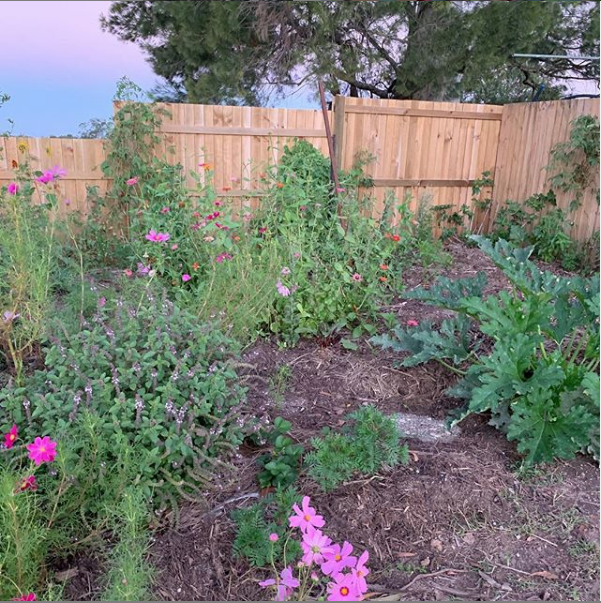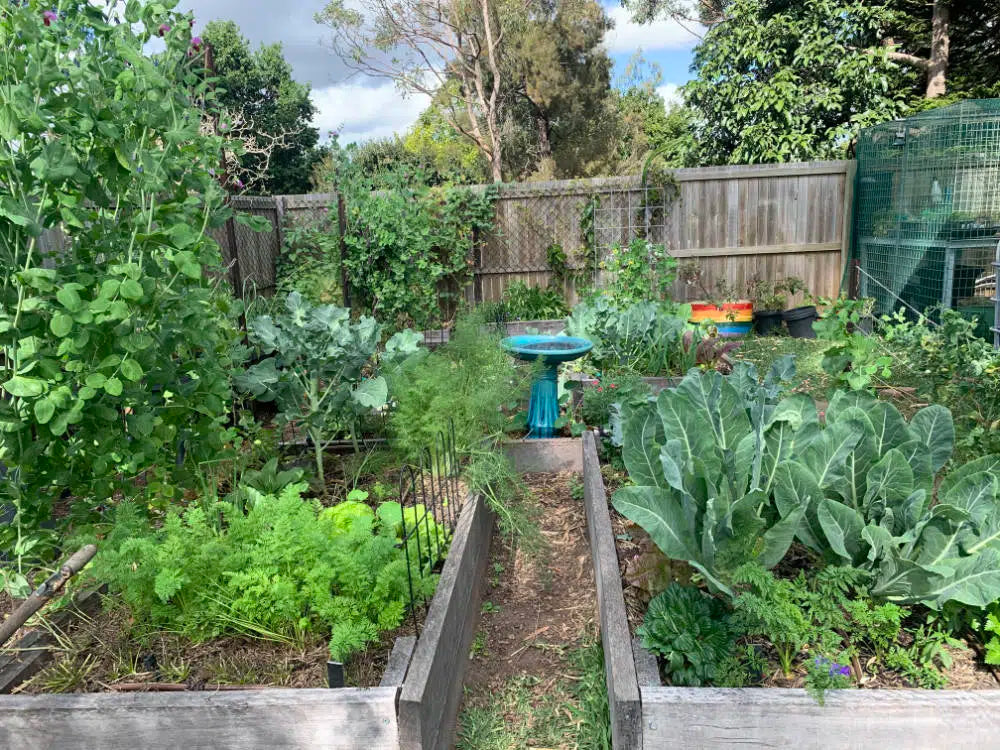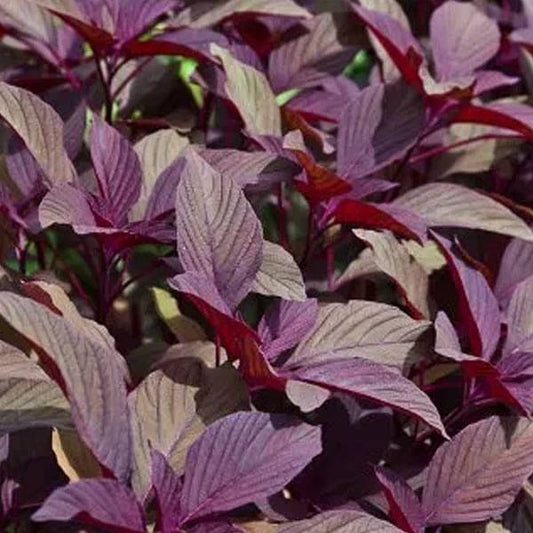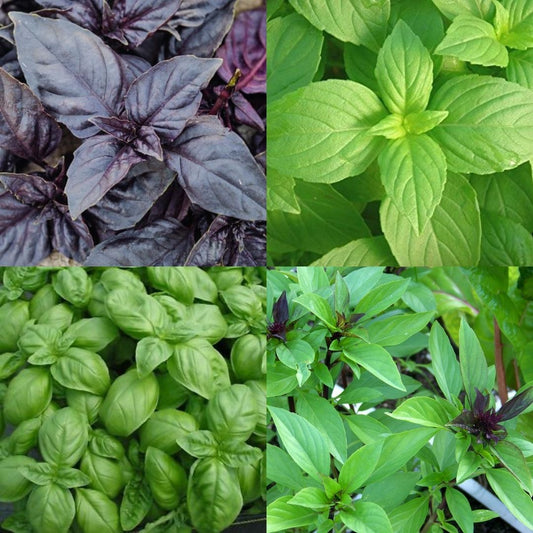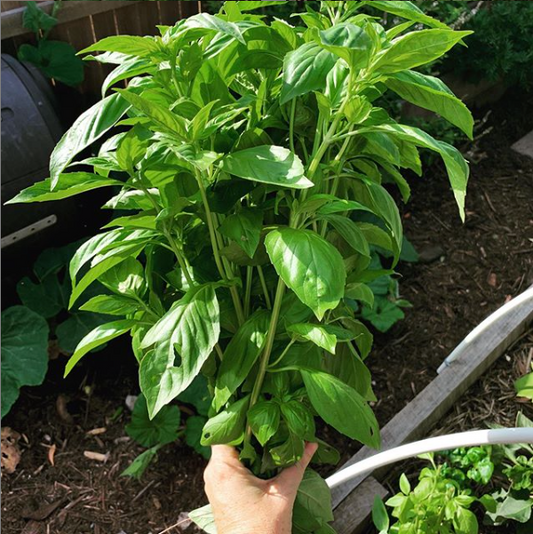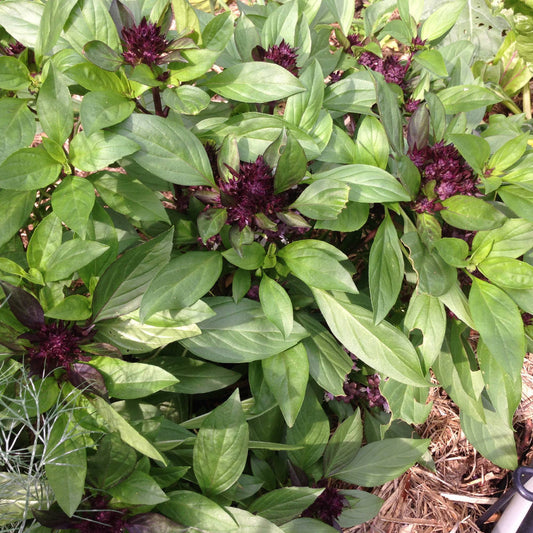Growing food is fast becoming a lost art. It’s feared, it’s unknown, it’s challenging, it’s rebellious. But it doesn’t have to be hard. Join me in the Love of Dirt podcast where we explore topics around growing food, fair food and sustainable living.
Subscribe or listen to new episodes here.
You may often wonder why your sweet basil only lasts one year but your rosemary just keeps on giving. That's because there are a couple of different plants.
Annual plants will only last the one season. eg. Lettuce, Tomatoes, Carrots
Perennial plants will keep on giving. eg. Kale, Rhubarb, Asparagus.
You can also get biennial plants that will generally give you two years if weather permits (aka doesn't get too cold over winter). eg. Eggplant, capsicum, chilli.
Most 'traditional' herbs and veggies that we see will fall into the annual category. This stems from european farming methods that originates from extremely cold climates where the seasons were very distinct.
I use a mix of both types of plants within my garden. For example our Mandala garden is surrounded with my perennial or Biennial plants, whilst the central circle is divided into slices which I rotate my annual crops around.
Benefits of Perennial plants
- You plant once
- Harvests are available for longer (if not indefinitely)
- They are more hardy and generally take care of themselves
Downsides of Perennial plants
- You need to choose your location wisely
- It's hard to find alternatives for those veggies you really love
- Sometimes they take a little while to get going (hello asparagus)
Perennial Veggies you might want to try
- Rhubarb
- Asparagus
- Globe Artichoke
- Jerusalem Artichoke
- Kale (often grown as an annual)
- Sorrel
- Scarlet runner beans
- Watercress
- Egyptian walking onions
- Radicchio
- Choko
- Cucamelon
- African Blue Basil
If you don't actually like to garden but still enjoy eating fresh produce direct from your garden, finding perennial plants is going to be the best option for you.

